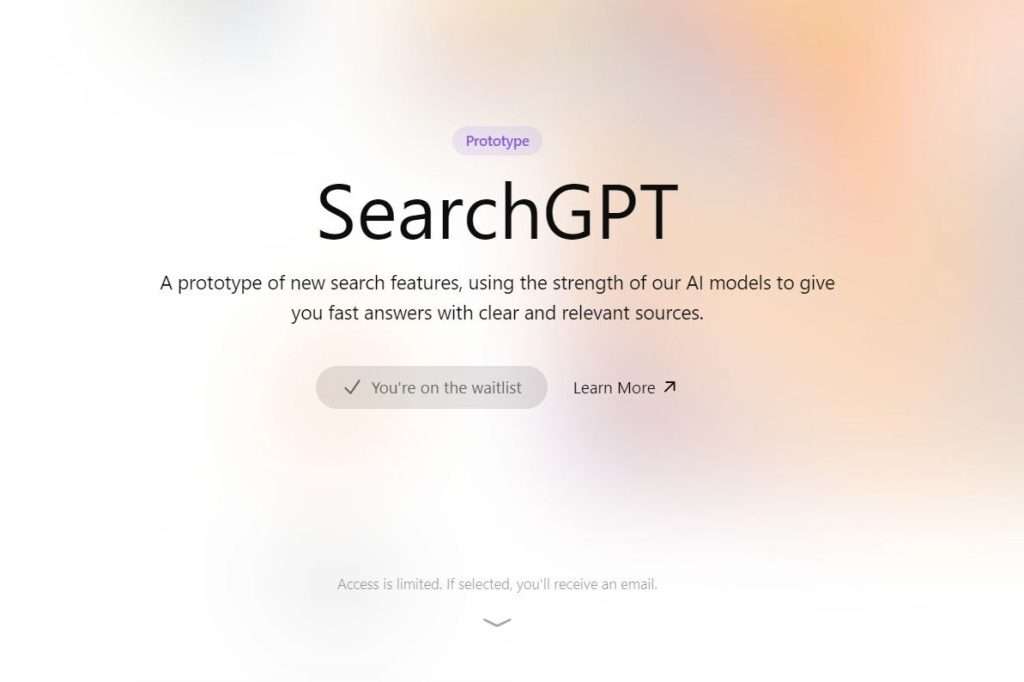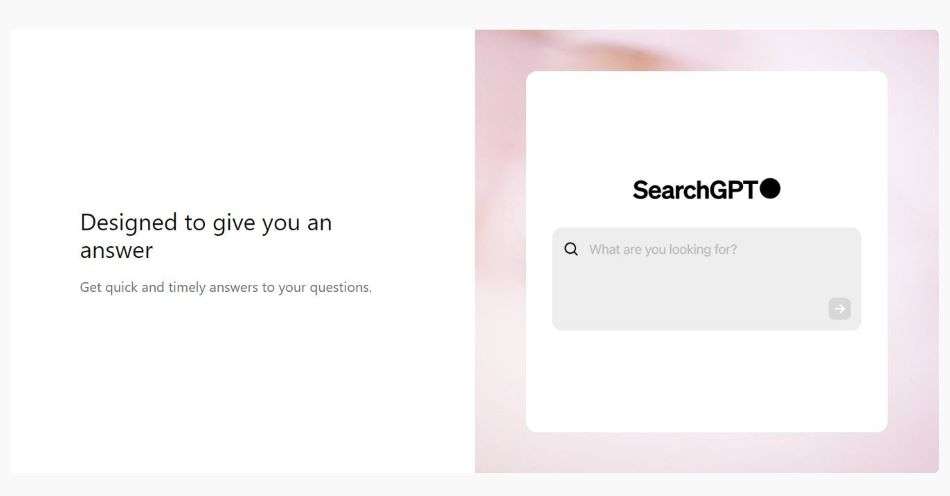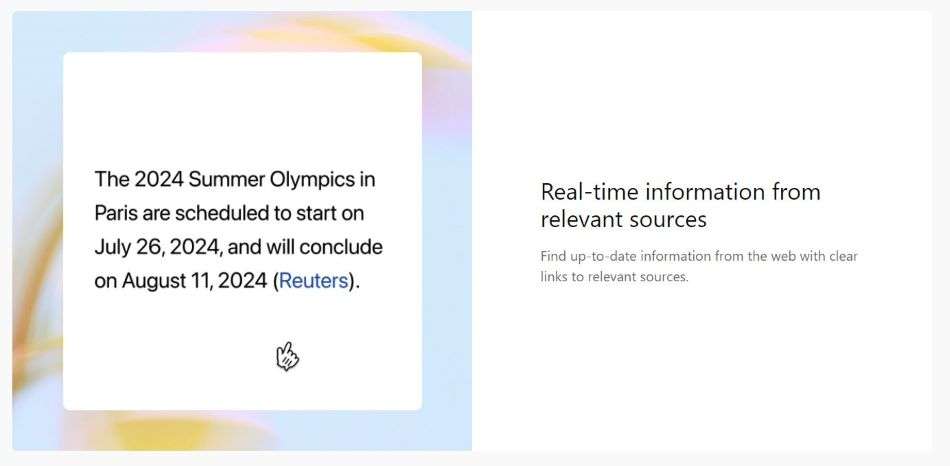OpenAI release SearchGPT – Taking on Google and Perplexity AI

OpenAI release Search GPT – Everything you need to know
OpenAI, one of the top AI company behind Sora and ChatGPT, has set its sights on disrupting another industry. The search engine landscape is in for a revamp: OpenAI release SearchGPT, an experimental AI-powered search engine.
This move comes as no surprise, given Google’s staggering $162 billion in search advertising revenue in 2023, solidifying its position as the dominant player in a market worth over $280 billion. Moreover, this is built on the momentum from Google AI Overview hiccups and bumpy release.
SearchGPT, still in its prototype phase, aims to differentiate itself from traditional search engines by leveraging OpenAI’s advanced AI models to interpret user queries with a deeper understanding of natural language and context. It promises to provide fast, accurate answers, and relevant sources, potentially changing how we access information online.
How SearchGPT Works

Unlike traditional search engines that rely heavily on keyword matching and backlinks, SearchGPT combines the power of large language models with real-time information from the web. It interprets complex queries and conversational language, synthesizes information from diverse sources, and presents results in various formats, including text, charts, and videos. Users can even ask follow-up questions to refine their search, creating a more interactive and intuitive experience.
How to Access SearchGPT
Currently, SearchGPT is being tested with a limited group of users and publishers. If you’re interested in joining the waitlist, follow these steps:
- Ensure you have a ChatGPT account (free or paid).
- Visit the SearchGPT page on OpenAI’s website
- Click on the “Join Waitlist” button.
A New Era of Search?
The launch of Search GPT marks a potential turning point in the search engine landscape. While Google has made strides in incorporating AI into its search with features like Bard, Search GPT’s focus on natural language understanding and conversational search could offer a more intuitive and user-friendly experience.
However, Google’s immense resources and established infrastructure make it a formidable competitor. Only time will tell if Search GPT can disrupt the status quo and carve out a significant share of the lucrative search market.
Key Features of SearchGPT:

- Natural language understanding
- Real-time information access
- Source attribution for transparency
- Visual answers (charts, videos, etc.)
- Conversational search with follow-up questions
What This Means for the Future of Search
SearchGPT’s potential impact extends beyond simply challenging Google’s dominance. It could usher in a new era of search where:
- Understanding: Search engines truly understand what we’re looking for, even when we express it in complex or nuanced ways.
- Personalization: Search results are tailored to our individual needs, preferences, and context.
- Interaction: We can engage in a conversation with our search engine, asking follow-up questions and refining our search as we go.
- Transparency: We can trust that the information we receive is accurate, up-to-date, and sourced from reliable sources.
Search GPT vs. Perplexity
The launch of SearchGPT marks a potential turning point in the search engine landscape. While Google has made strides in incorporating AI into its search with features like AI Overview, SearchGPT’s focus on natural language understanding and conversational search could offer a more intuitive and user-friendly experience.
However, OpenAI isn’t alone in this quest for a more intelligent search engine. Perplexity AI, another emerging player, also leverages large language models and real-time web data to deliver comprehensive answers and cite sources. While both platforms share similarities, there are key differences to consider:
- Interface: SearchGPT boasts a sleek, minimalist design, while Perplexity AI offers a more traditional search layout with a focus on clear source attribution.
- Depth of Answers: SearchGPT tends to provide more concise summaries, while Perplexity AI often delves deeper into topics, offering more comprehensive explanations and a wider range of perspectives.
- Citation Style: SearchGPT provides direct links to sources, while Perplexity AI often includes snippets of source material within its responses.
- Visuals: SearchGPT tends to incorporate more visual elements like images and videos into its results.
Ultimately, the choice between SearchGPT and Perplexity AI may come down to personal preference and specific use cases. However, both platforms represent a significant leap forward in AI-powered search, offering a glimpse into the future of how we might interact with information online.
Google’s immense resources and established infrastructure make it still the go-to search tool. Only time will tell if SearchGPT (or Perplexity AI) can disrupt the status quo and carve out a significant share of the lucrative search market. However, one thing is clear: the race for AI-powered search is heating up, and the way we find information online is on the brink of a major transformation.




